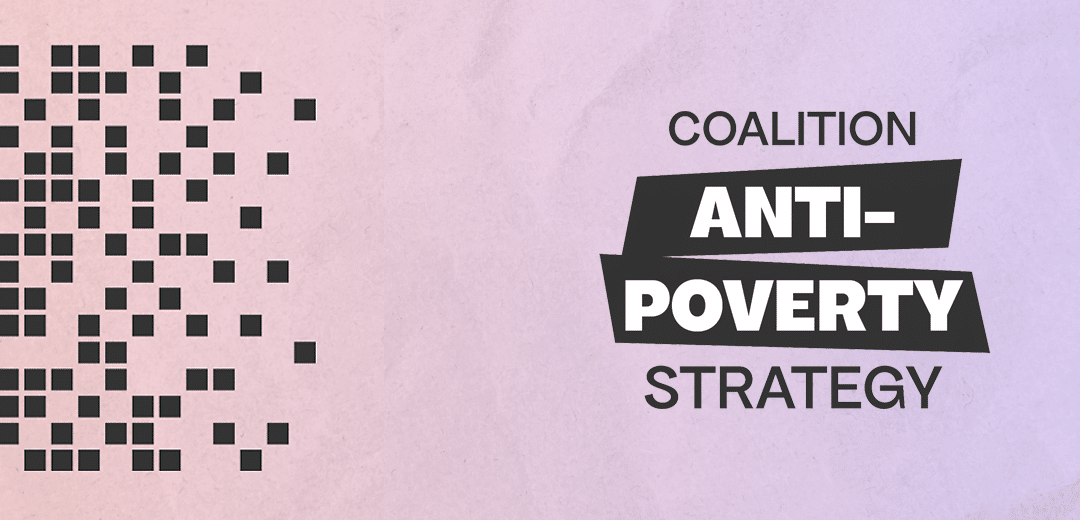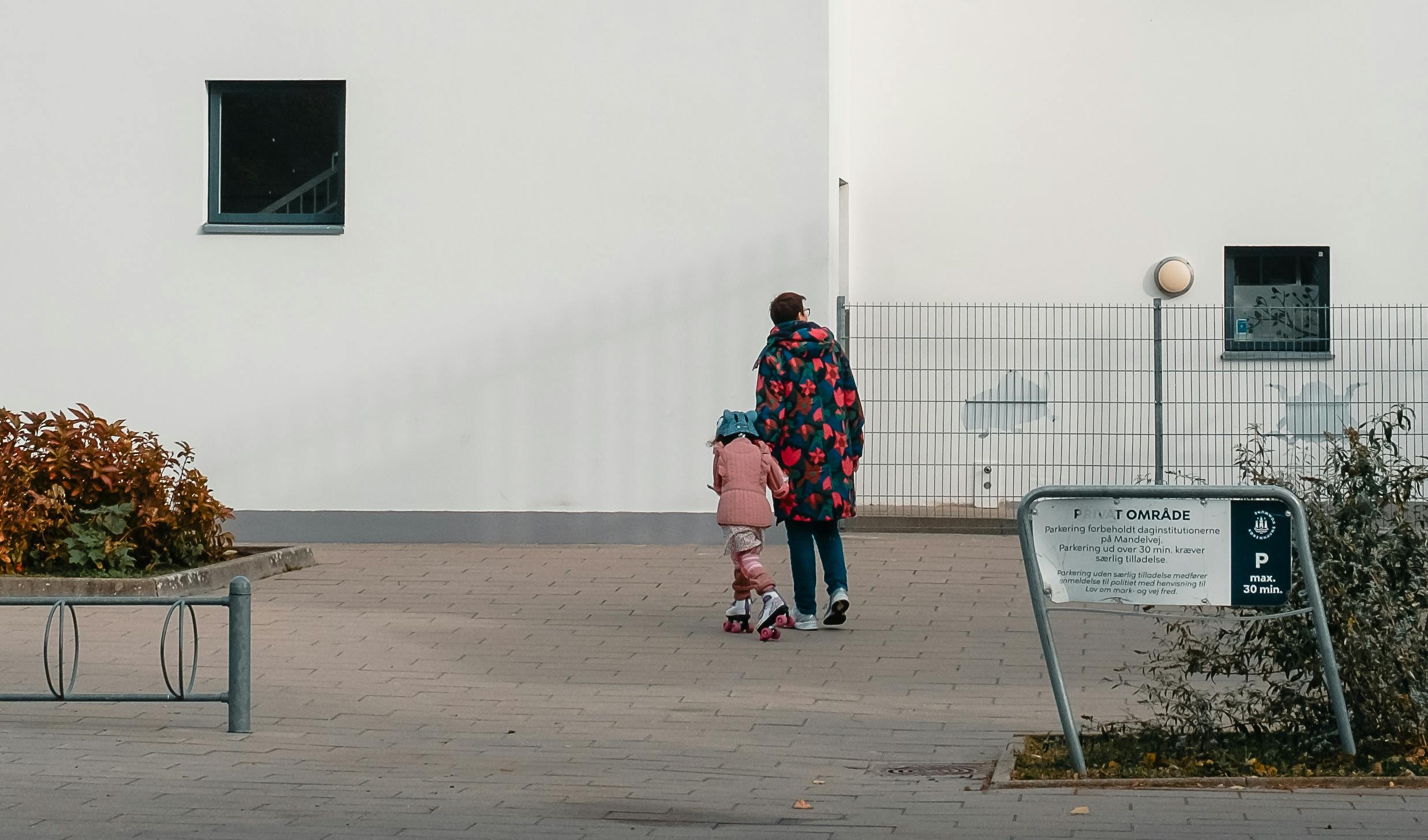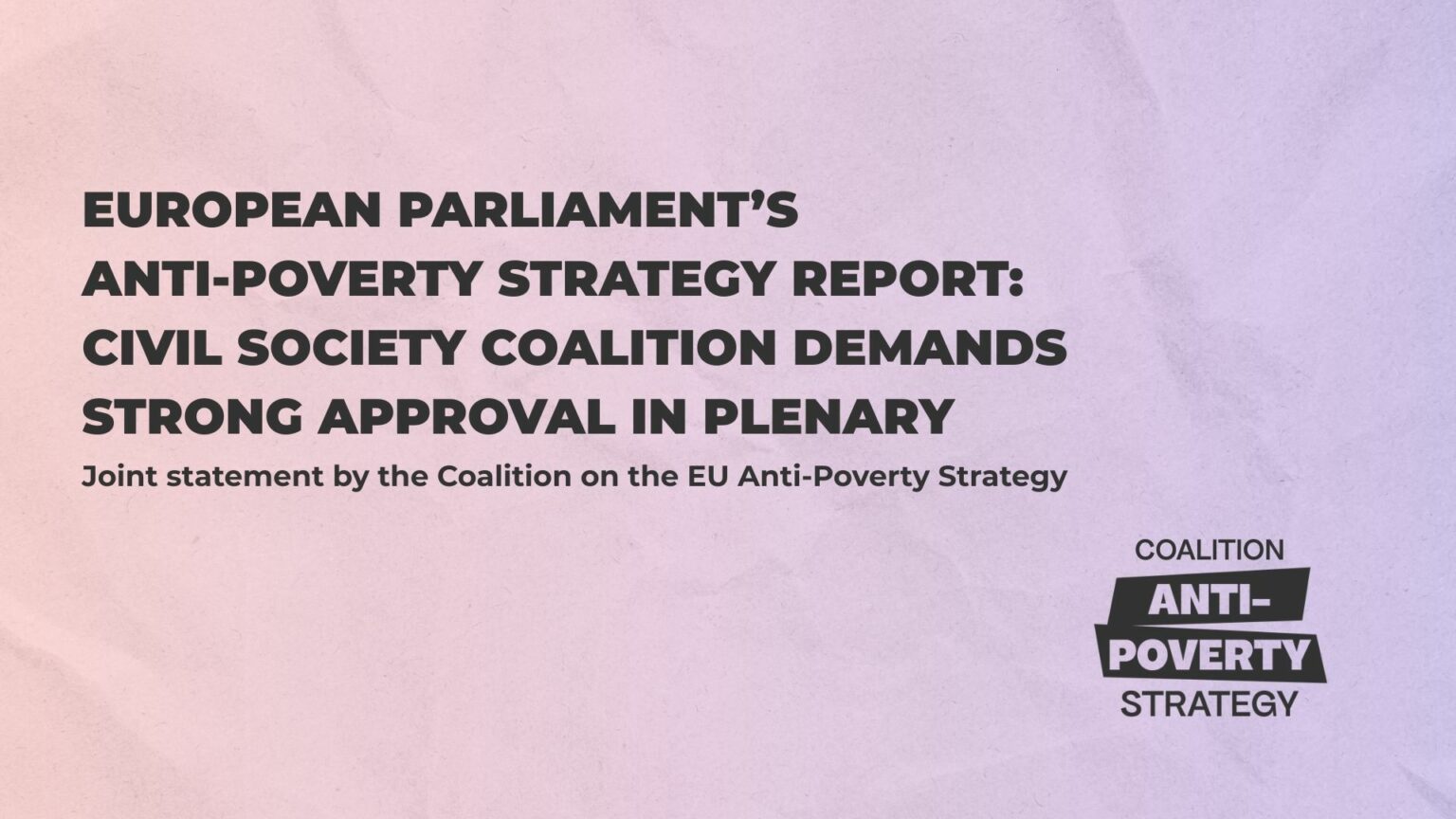Ending social and institutional maltreatment: acting together for just, peaceful, and inclusive societies for children
Today, on International Day for the Eradication of Poverty, Eurochild joins the international global community to raise awareness and advocate for ending social and institutional maltreatment. Eurochild remains committed to ensuring that no child lives in poverty and social exclusion in Europe.
Poverty has multiple dimensions, some are visible and others remain hidden, but all are interlinked. The 2024-2025 theme of the International Day for the Eradication of Poverty aligns with Sustainable Development Goal (SDG) 16, which aims to promote just, peaceful, and inclusive societies and sheds light on two hidden dimensions:
- the institutional maltreatment which occurs when national and international institutions fail to adequately respond to the needs and circumstances of people experiencing poverty, leading to their neglect, humiliation and harm;
- the social maltreatment which refers to the negative perceptions and mistreatment of people in poverty by individuals and informal groups. These two forms of maltreatment are interconnected and exacerbate the challenges faced by vulnerable communities.
For children, the impacts of institutional and social maltreatment can be severe and long-lasting. When institutions fail to provide adequate care, education, and protection to children in poverty, their physical and emotional well-being is compromised, often resulting in poor health, limited access to education, and unsafe living conditions. These outcomes hinder their development and future opportunities. Social maltreatment, such as discrimination and stigmatization, also threatens children’s rights, including their right to mental health and well-being.
The numbers
In 2023, nearly one in four children (24.8%) in the EU were at risk of poverty and social exclusion, a staggering 20 million children across the 27 Member States. At the national level, the highest rates are observed in Romania (39%), Spain (34.5%), and Bulgaria (33.9%). Child poverty also affects high-income countries, with 26.6% of children in France and 26.1% in Luxembourg living in poverty. In the EU enlargement countries, the situation is equally concerning, with 27.1% of children at risk of poverty and social exclusion in Serbia in 2022 and 30.2% of children living in poverty in Moldova in 2022. According to UNICEF, child poverty in 2022 reached 65.2% in Ukraine. All over Europe, vulnerable groups, including children with migrant backgrounds, refugees and asylum-seekers, children living in single-parent families, from large or disadvantaged families, children with disabilities, and those belonging to ethnic minorities, are overrepresented among those living in poverty.
Our mission
Poverty represents a denial of choice and opportunity, preventing children from realising their full potential. Ensuring access to services and a life without poverty is a precondition for enjoying a wide range of children’s rights. Breaking the intergenerational cycle of poverty and social exclusion is a long-standing priority for Eurochild. Our advocacy focuses on implementing systemic reforms that address structural inequalities, ensuringchildren and families, particularly those facing disadvantage, receive the necessary support they need.
These reforms include:
- Strengthening social protection systems
- Increasing public investment in early childhood services,
- Ensuring universal access to quality education and healthcare.
Eurochild plays a key role in this effort by co-chairing the Alliance for Investing in Children and monitoring key frameworks such as the European Child Guarantee, the EU Semester and the EU Enlargement Package. These are critical in addressing the root causes of child poverty and exclusion.
With nearly 20 million children at risk of poverty and social exclusion in the EU alone, all actors, governments, civil society, private sector, and international organisations—must work together to break this intergenerational cycle of disadvantage.





